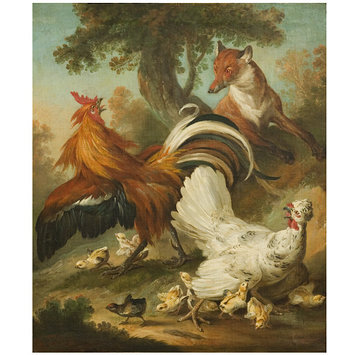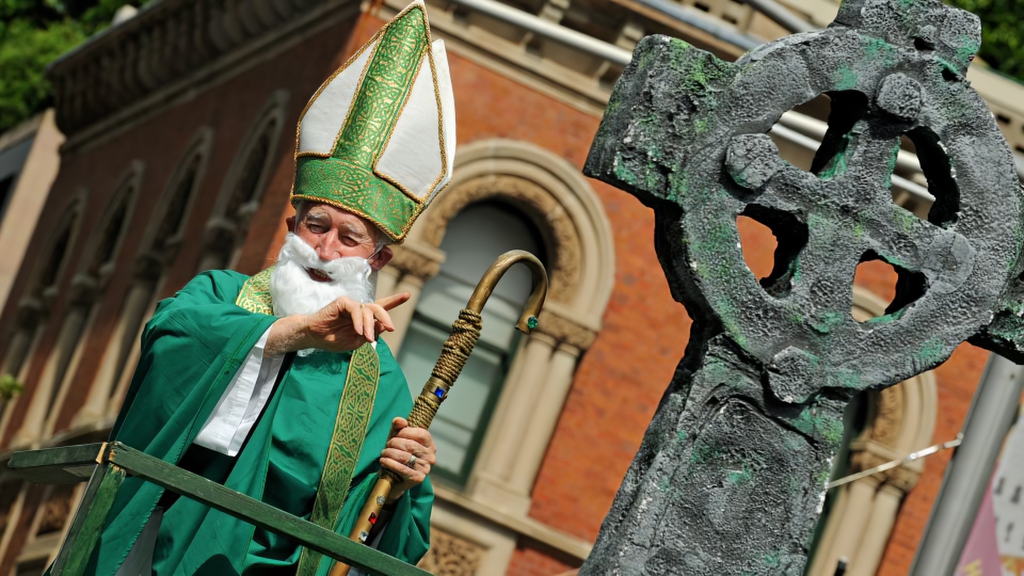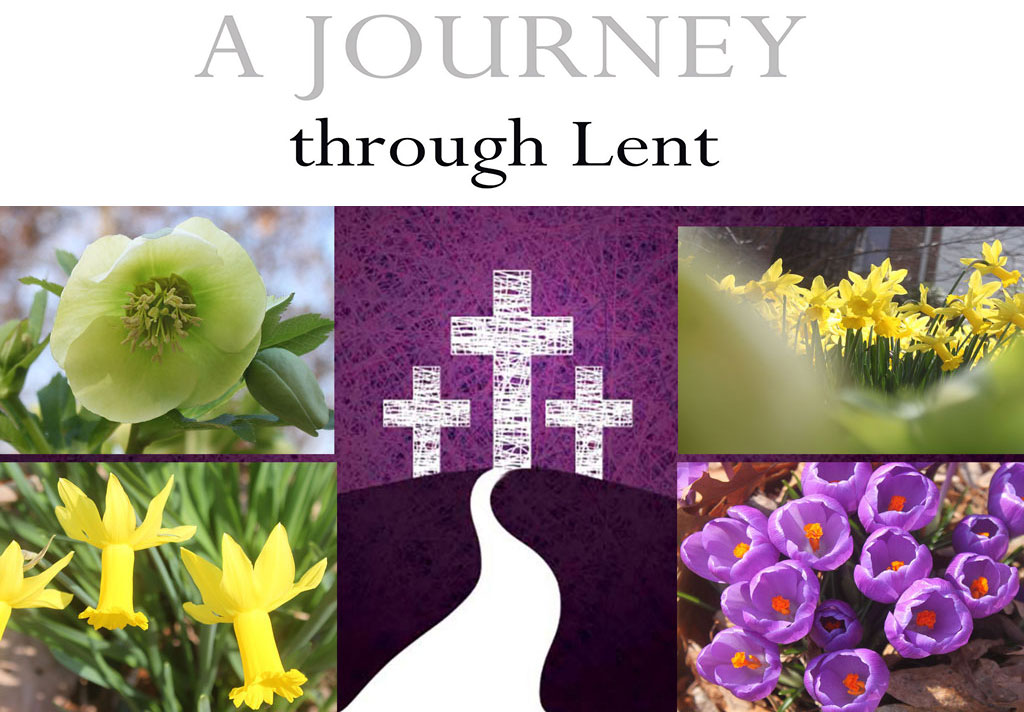I. Theme – We should trust in God’s covenants

“ Fox and the Hen”
The lectionary readings are here or individually:
Old Testament – Genesis 15:1-12,17-18
Psalm – Psalm 27
Epistle – Philippians 3:17-4:1
Gospel – Luke 13:31-35
Today’s readings invite us to trust in God’s covenant promises. Each of the readings speaks about a future, a not yet. This week, try letting your heart break for the world in a new way, knowing that God will transfigure and transform every valley, every sorrow, and every cross knowing that God. is already doing to transfigure despair into hope, mourning into dancing, hate into love. Let your goal in your prayers this week be to deepen both your compassion for the world and your trust in God’s transforming presence all around.
Abraham’s involves continuation of the tribe and of the name, and of the covenant. His confidence in the lord’s promise is counted as righteousness. Paul, in his letter to the Philippians, trusts in the coming of the Savior and the transformation of our bodies. Paul wants his readers to be tied to the future that is the Kingdom of Heaven, and the future of Jesus is the future of the true prophet who delivers God’s final word on what will be. The gospel reminds us that although God’s covenant promises are for everyone, nevertheless our effort is required if we are to participate.
While Advent calls us to awareness, awakening and alertness, Lent helps us appreciate the cloud, the shadow, the wisdom of deep sleep. God’s covenant with Abram is not forged beneath the brilliant blaze of noon but in a deep and terrifying darkness, after the sun has set. That such an important event should happen at night prompts us to question our usual assumptions that everything good occurs in the light.
Jesus introduces another puzzle when he implies that the order of sanctity may not be as rigid as we might think. “Indeed, some are last who will be first, and some are first who will be last.” He turns this twist into a concrete example in his lament over Jerusalem: site of the magnificent temple. To his listeners, it’s grandeur must seem close to heaven. Yet it is the city that kills the prophets; it will be the scene of his death.
Furthermore, the people most revered in that society, its religious leaders and scholars, wait outside a closed door, seething in bitterness and frustration. Because they have rejected Jesus’ overtures, they have missed their chance to enjoy the banquet of God’s reign.
The question must come to our minds as it did to Jesus’ first hearers. If the elite don’t get in, who does? Perhaps those who are willing to be gathered like chicks, those who admit their vulnerability, those who do not pride themselves on their virtue, those who know they don’t have a corner on truth.
As we grow in loving God, we become more skeptical of the idols that compete for our loyalty. When bureaucrats are inefficient and heroes corrupt, when the traffic is crazy, when time and energy dribble away, when we lose our favorite project, our finest self or our dearest love, when the oppressors triumph, the greedy profit and the innocent are bludgeoned, then we remember Paul’s claim that “our citizenship is in heaven.”
Too much is awry in this world to ever claim it for permanent residence or lasting citizenship. Knowing that the terrestrial stakes are small and the earthly city doesn’t last forever helps us “stand firm in the lord” as Paul would have the Philippians do.
So do not lose heart, as we are reminded in 2 Corinthians. Lent is a journey, and our spiritual lives are a journey. We do not see the end but we know the way we are going. Living for Christ means living for others and not for ourselves. Living for Christ means following God’s ways of love and justice and seeking justice for others. Living for Christ means knowing that the way of this world—to put ourselves first, to seek earthly success and gain, to “have it all”—means to lose it all in the end. Living for Christ means we trust in God, we trust in the hope of God for us, as Abraham and Sarah did so long ago, as Jesus taught us, and as the psalmists sang and Paul preached—we know we shall see the goodness of God in our lives, and we share that hope with others.
Read more






 Second Sunday in Lent
Second Sunday in Lent

